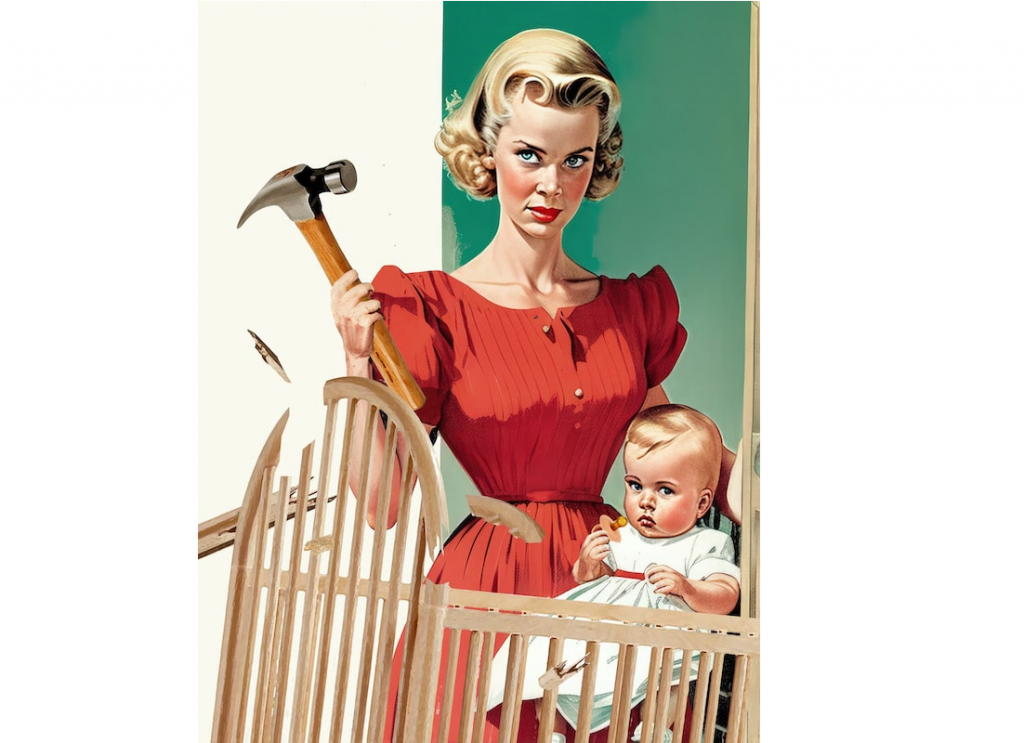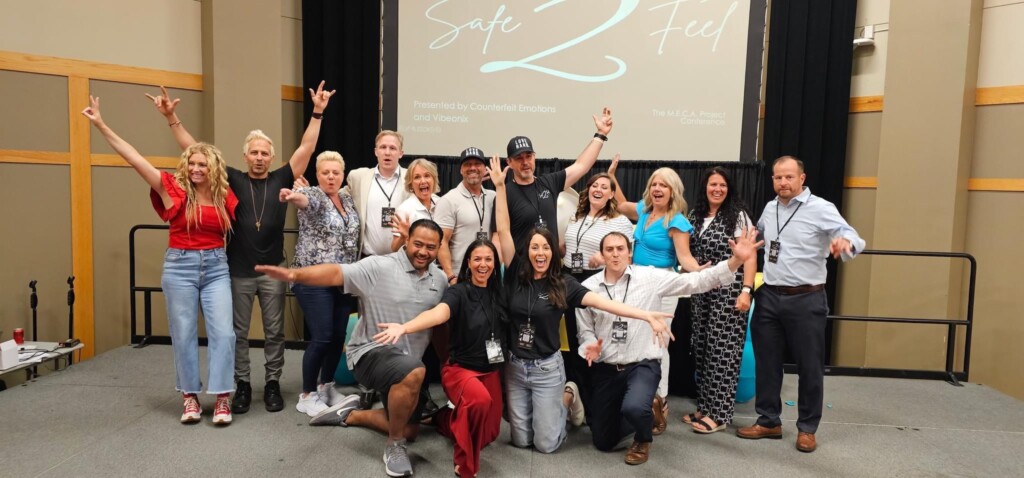It is becoming more common to hear both women and men publicly expressing their decision not to have children.
Whereas choosing to be childfree was almost taboo in the past, people now have the chance to share their desires and the reasons behind them. In addition, society is gradually accepting that women have the right to choose to never give birth.
Throughout history, a woman’s worth has traditionally been measured by her ability to give birth and care for others. But finally, modern generations are freeing themselves from such burdensome expectations.
The reasons for opting out of parenthood are many and diverse. For some people, especially older generations, some of those reasons can be trivial and selfish. However, those reasons make sense since Millennials and Generation Z prioritize happiness and freedom over responsibility.
A high number of women believe their fulfillment in life comes from traveling and not from raising kids. Time and ideas have changed significantly. Women have the chance and the right to travel as much as they please and as far as they want. They do not want to limit themselves by having to care for children.
According to the Female Solo Travel Report, commissioned by booking.com, American women come out on top when it comes to solo traveling, and 72% of American women go on solo trips.
Another increasing reason women and men choose not to have children is a better understanding of genetics and the passing down of illnesses from parents to children than in previous generations.
Hannah Nelson from Ogden states that her choice to be child-free is due to financial and mental illness reasons. “I can’t see myself ever being financially or mentally stable enough to be capable of having a child or raising one to do okay in this world,” she said. She had a neglectful mother, she explained, “and I don’t want to even risk being the kind of mother she was and raising my potential children to turn out like me, or worse.” Nelson comes from a place where she understands that mental health is a pivotal factor in raising healthy and well-rounded children.
For her part, film editor and Salt Lake City resident Autumn Killpack-Havey stated that she does not want to pass her mental illnesses, bipolar depression and anxiety down to her children. However, she said, “unfortunately, I did.” Killpack-Havey had a son when she was 19 and chose to place him for adoption. “I didn’t want to end up resenting my son, and then have him resent me. I knew I couldn’t take care of him. I can barely even take care of myself now.”
Mental illness plays a significant role in families and societies. For some, not having children may seem selfish. However, not having children to avoid passing genetic traits is a selfless act. Killpack-Havey says she is happy that her baby “is loved and well taken care of by his adoptive mother.”
The issue is not only about the passing of genetics but also being able to be fully present to provide children with a healthy environment. Parents who constantly struggle with symptoms of depression, anxiety, and bipolar disorder have a more challenging time than those who are mentally healthy. The barriers both groups face as individuals and as parents are hugely different.
Carly Percival, from Ogden, is another woman who joins those whose reason behind being childfree is mental illness as well. “Before getting diagnosed, there was always a maybe, that someday I could change my mind, but realizing I could be bringing another human into this world to have to live life like that actually seemed more selfish to me,” Percival said. She added that she understands that her worth does not come from being a parent.
It is important to note that the reasons for opting out of parenthood are personal. Women and men with mental illnesses have the right to procreate. Therefore, they also have the right not to procreate, and they shouldn’t be judged or criticized for their decision.
For construction estimator Cara W., the reason not to have children is plain; she does not want to. Some women lack the propensity for being mothers. W. explains, “Because of my lack of desire, I don’t see a reason to completely change my life, body, and relationship for something that I don’t really want.”
W. created a list of the pros and cons of having children. Among the cons are “harder and more expensive to travel,” and “Don’t want to prematurely age ourselves due to worry and stress over children.”
For Killpack-Havey, the appeal to have children never came. While some women feel the maternal instinct from an early age, some never feel it.
West Haven resident Trista Aamodt says she was the oldest of five kids. Like many older children, Aamodt had to help care for her siblings. It made Aamodt not want to have children of her own “because I wanted my freedom in time and money.” She says her husband, an only child, did not want to have children either. Aamodt enjoys a comfortable life and says, “it is in large part to never having kids.”
Childcare costs have risen, especially with inflation. While in the past, women could choose to stay home to care for the kids, that is no longer the case. Households need two incomes to survive.
Actress Cate Christine from Salt Lake City said she has not found the right man. Fathers leaving their children behind is a common thing in our society. Cate does not want to raise a child alone. “Imagine raising kids and having a full-time job, too … that’s hard. I’d be inundated,” she said.
A Salt Lake City couple, the Petersons, stated they decided not to have kids before getting married. They said they do not like where society is going and fear the safety issues children and teens face daily. “I had all this freedom when I was a child. That made me grow into a confident woman. However, parents can’t even let their children walk to school for fear they could be taken and trafficked,” said Sandra Peterson. The couple has been married for five years. Robert Peterson stated that he used to want to be a dad; however, he said, “The growing human trafficking in the US and in Utah made me see things from a different perspective.” He added that the lack of resources for parents and the expensive cost of living are two other reasons to stay child-free.
Indeed, motherhood is not for everyone, and it shouldn’t be. Women’s experiences, priorities, professional goals, beliefs and lifestyles determine whether or not they have children. In addition, financial and safety issues are why couples should consider whether to have children.
This article is part 2 of a 2 part series. Find part one here.




